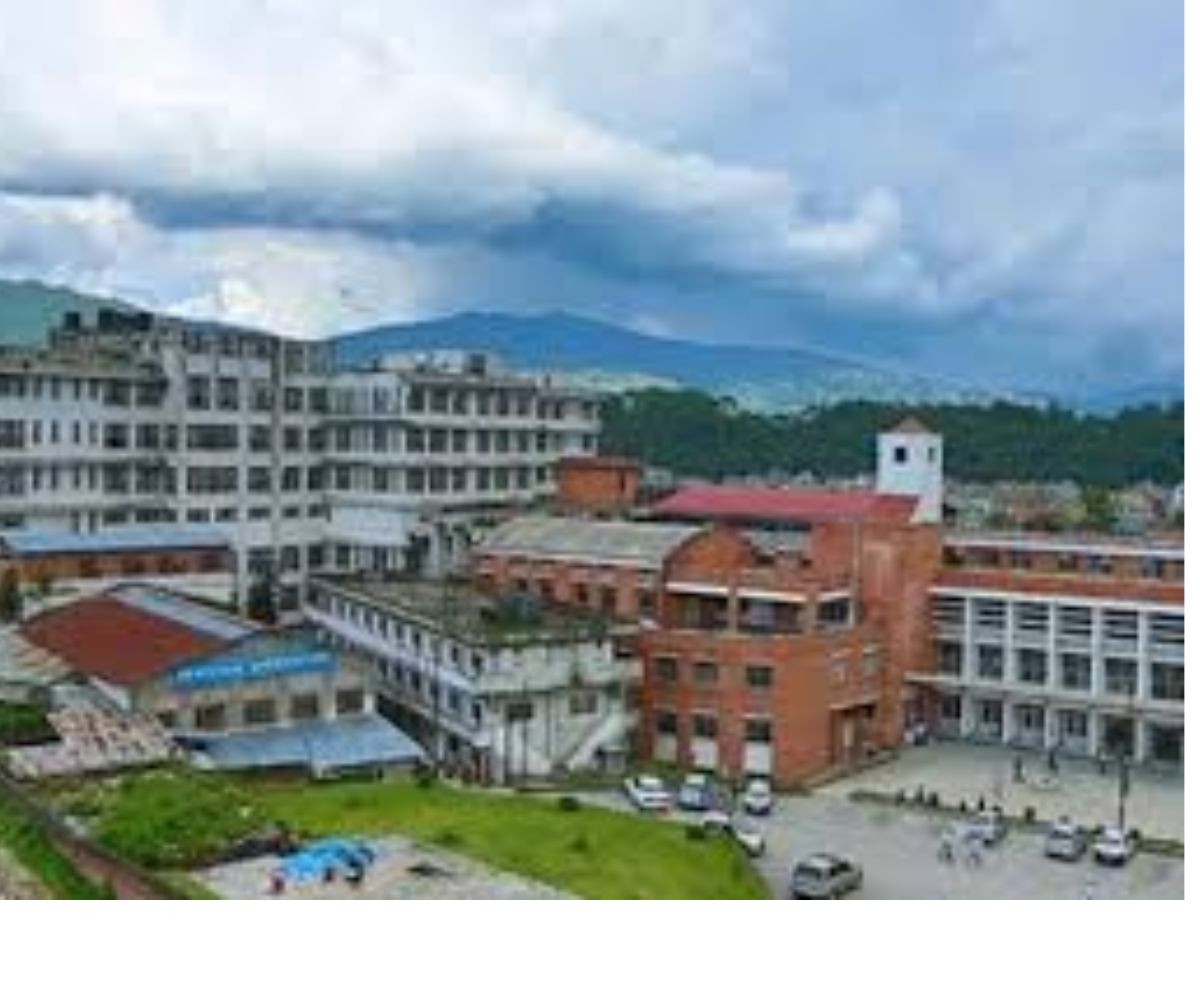MBBS in Nepal: A Viable Option for Students

Introduction
Nepal, a neighboring country to India, has emerged as a popular destination for Indian students seeking to pursue their MBBS degree. So, The country offers a blend of quality education, affordable fees, and a culturally similar environment. This article delves into the key aspects of studying MBBS in Nepal, including the admission process, fee structure, and the benefits it offers to Indian students.
Why Study MBBS in Nepal?
-
Affordable Fees:
- Compared to the exorbitant fees charged by private medical colleges in India, MBBS programs in Nepal are significantly more affordable.In addition, This makes it a viable option for students from middle-class families.
-
Quality Education:
- Nepalese medical colleges adhere to international standards and follow a curriculum similar to that of Indian medical institutions.So The faculty members are qualified and experienced, ensuring that students receive a comprehensive education.
-
NMC Recognition:
- The National Medical Commission (NMC) in India recognizes MBBS degrees awarded by Nepalese medical colleges. This means that Indian students who complete their MBBS in Nepal can practice medicine in India without any additional qualifications.
-
Cultural Similarity:
- Nepal shares a similar culture and lifestyle with India, making it easier for Indian students to adapt to the new environment. This cultural familiarity can help reduce homesickness and facilitate a smooth transition.
-
No Visa Requirements:
- Indian citizens do not require a visa to visit Nepal. This simplifies the admission process and reduces the overall cost of studying in the country.
Admission Process
-
NEET Eligibility:
- Indian students must have appeared for the National Eligibility cum Entrance Test (NEET) and secured a minimum qualifying score.
-
Document Submission:
- Applicants need to submit their academic certificates, NEET scorecard, passport, and other required documents to the chosen medical college.
-
Admission Counseling:
- The selected candidates will be invited for admission counseling, where they will be assigned their seats based on their NEET rank and the availability of seats.
-
Visa Processing (Optional):
- If the student is planning to stay in Nepal for a longer duration, they may need to obtain a student visa. However, this is usually a straightforward process.
Fee Structure
The fee structure for MBBS in Nepal varies depending on the college and the type of accommodation chosen. However, the overall cost is generally lower than that of private medical colleges in India. The fees typically cover tuition, hostel accommodation, and mess charges.
Popular MBBS Colleges in Nepal
- Kathmandu University School of Medical Sciences (KUSMS)
- Tribhuvan University Institute of Medicine (IOM)
- Nepal Medical College (NMC)
- Chitwan Medical College (CMC)
- BP Koirala Institute of Health Sciences (BPKIHS)
Benefits for Indian Students
- Cost-effective education
- Quality medical training
- NMC recognition
- Cultural similarity
- No visa requirements
Living in Nepal
Students studying MBBS in Nepal have several options for accommodation. The most common choices include:
- On-campus hostels: These are provided by some medical colleges and offer basic amenities like shared rooms, common kitchens, and laundry facilities.
- Off-campus apartments: Students can also rent apartments or flats in the city. This option provides more privacy and flexibility but can be slightly more expensive.
- PG accommodations: PG (Paying Guest) accommodations are another popular choice. They offer private rooms with shared common areas like kitchens and living rooms.
Cost of Living
The cost of living in Nepal is relatively low compared to India. Students can expect to spend a significant portion of their budget on food, accommodation, and transportation. So However, the overall cost of studying MBBS in Nepal is still much lower than the fees charged by private medical colleges in India.
Food and Cuisine
Nepalese cuisine is influenced by Indian, Tibetan, and Chinese culinary traditions. Students can find a variety of delicious and affordable food options, including local delicacies like momo (dumplings), thukpa (noodle soup), and dal bhat (rice and lentil soup).
Transportation
Nepal has a well-developed public transportation system, including buses, taxis, and rickshaws. So, Students can easily commute to their colleges and explore the city using these modes of transportation.
Cultural Experiences
Nepal is a culturally rich country with a diverse population.Similarly, Students can immerse themselves in the local culture by visiting temples, monasteries, and historical sites. So, They can also participate in traditional festivals and celebrations.
Challenges and Considerations
While studying MBBS in Nepal offers several benefits there are also some challenges that students may face:
- Language barrier: Although English is widely spoken in Nepal, students may encounter some language difficulties, especially in rural areas.
- Infrastructure: The infrastructure in some parts of Nepal may not be as developed as in India. This can affect factors like electricity supply and internet connectivity.
- Cultural differences: While the cultures of India and Nepal are similar, there are still some differences that students may need to adapt to.
Tips for Indian Students Studying MBBS in Nepal
- Research Thoroughly: Before making a decision, research different medical colleges in Nepal to compare their curriculum, faculty, facilities, and fees.
- Prepare for NEET: Focus on preparing for the NEET exam to secure a good rank and increase your chances of admission.
- Learn Nepali: While English is widely spoken, learning basic Nepali can help you interact with locals and better understand your surroundings.
- Adapt to the Culture: Be open-minded and embrace the Nepalese culture. Participate in local festivals and traditions to enrich your experience.
- Manage Finances Wisely: Create a budget to track your expenses and avoid unnecessary spending.
- Stay Healthy: Take care of your physical and mental health. Eat nutritious food, exercise regularly, and seek medical attention when needed.
- Network with Other Students: Connect with fellow Indian students to share experiences, support each other, and explore the country together.
- Explore Nepal: Take advantage of your time in Nepal to explore the beautiful country. Visit popular tourist destinations like Kathmandu, Pokhara, and Lumbini.
- Stay Updated: Keep yourself informed about the latest updates regarding visa regulations, admission procedures, and any changes in the medical curriculum.
- Seek Guidance: If you encounter any difficulties or have questions, don’t hesitate to seek guidance from your college administration, faculty, or fellow students.
Additional Considerations for Indian Students
- Cultural Similarities and Differences: While India and Nepal share many cultural similarities, there are also some differences that students should be aware of. For instance, the pace of life in Nepal may be slower than in India, and there may be different social norms and customs.
- Food: While Nepalese cuisine is similar to Indian cuisine, there may be some variations in taste and ingredients. Students may need to adapt their dietary habits accordingly.
- Accommodation: If students choose to live off-campus, they may need to be more cautious about their surroundings and ensure they are in a safe neighborhood.
- Healthcare: While Nepal has a healthcare system, it may not be as developed as in India. Students should be prepared to take care of their own health and have travel insurance in case of emergencies.
- Internet and Connectivity: Internet connectivity in Nepal may not be as reliable as in India, especially in rural areas. Students should be prepared to deal with potential disruptions.
Conclusion
In conclusion, Studying MBBS in Nepal offers Indian students a unique opportunity to pursue a medical career at an affordable cost. The country’s quality education, cultural similarity, and NMC recognition make it a viable alternative to domestic medical colleges. Similarly, By understanding the admission process, fee structure, and benefits, Indian students can make an informed decision about their medical education.







